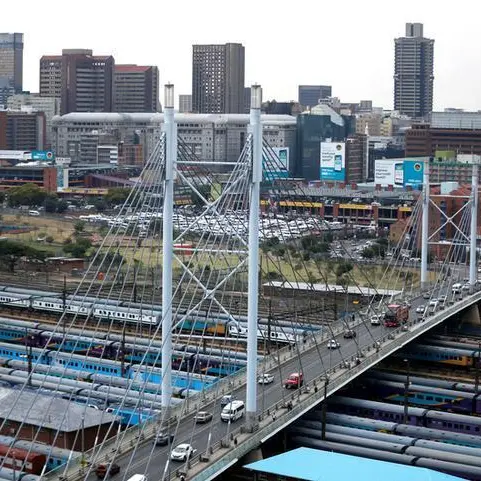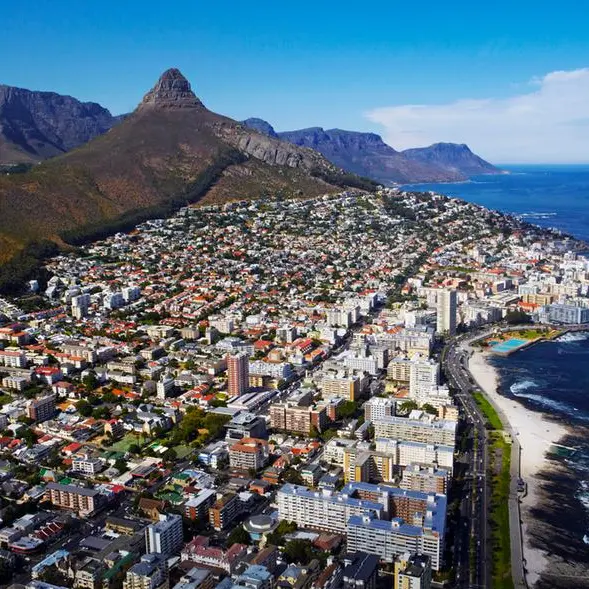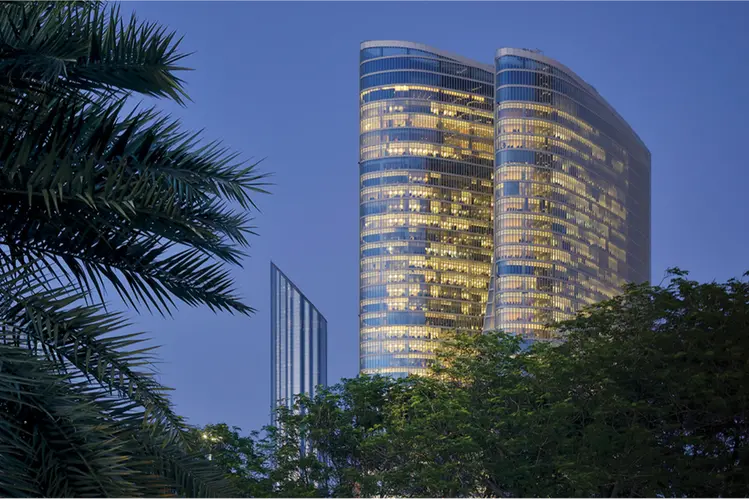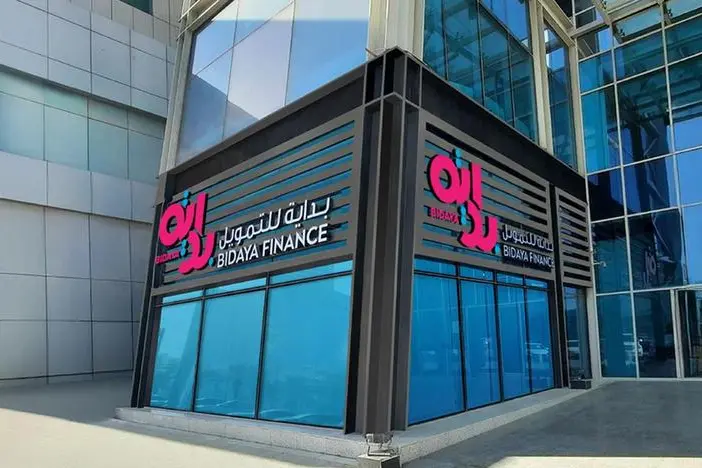PHOTO
The Nigerian aviation industry has undergone significant transformation under the leadership of President Bola Ahmed Tinubu’s administration.
According to Captain Chris Ona Najomo, Director General of the Nigeria Civil Aviation Authority (NCAA), the government has prioritized aviation infrastructure development and regional airline partnerships as strategic tools to drive national economic growth, improve connectivity, and strengthen regional integration.
Najomo highlighted the challenges African states face in balancing national carrier protectionism with the need for liberalization and regional connectivity, noting that these challenges stem from political, economic, regulatory, and infrastructural factors.
He however said that the Nigerian government has taken steps to support the growth and sustenance of local airline businesses while holding them to the highest international standards in the aviation industry.
The NCAA Director General also emphasized the importance of liberalizing air transport and implementing the Yamoussoukro Decision and the Single African Air Transport Market (SAATM). He noted that many African states delay the implementation of SAATM due to fear of losing control of certain routes, which may negatively impact their national airlines.
Najomo therefore said that the absence of economic regulations, lack of autonomous Civil Aviation Authorities, and visa barriers are major challenges to liberalisation.
Despite these challenges, he said, the Nigerian government has made significant investments in aviation infrastructure development.
He cited the rehabilitation and expansion of terminals at major international airports, including Abuja, Lagos, Port Harcourt, Kano, and Enugu, as examples of the government’s commitment to improving airport infrastructure. He also noted that the government is exploring Public-Private Partnerships (PPPs) to concession key international airports, aimed at improving efficiency, infrastructure, and service delivery.
The government, according to him, has also prioritized the development of new infrastructure, such as cargo terminals and free trade zones.
He also highlighted the importance of expanding cargo facilities and integrating them with Special Economic Zones (SEZs) to promote exports. “Additionally, the government is planning to develop airport cities around key airports to boost logistics, tourism, and commercial activities,” he said.
In terms of safety, Najomo emphasized the government’s commitment to investing in navigation and safety systems. He noted that the modernization of Air Navigation Services through the Nigerian Airspace Management Agency (NAMA) is ongoing, including the deployment of satellite-based navigation systems and upgrade of radar systems and communication infrastructure.
The NCAA czar also highlighted Nigeria’s commitment to supporting the Yamoussoukro Decision and SAATM. He noted that Nigeria has signed Bilateral Air Service Agreements (BASAs) with some of the 38 SAATM countries, including provisions for unrestricted first to fifth freedom traffic rights on passengers and full liberalization on cargo.
He emphasized the importance of promoting the growth of domestic airlines, noting that the government is actively promoting the growth of domestic airlines through targeted policies, such as the “Fly Nigeria Act,” aimed at prioritizing Nigerian airlines for government-sponsored air travel.
Najomo also talked about the significance of domesticating the Cape Town Convention and signing the Irrevocable De-registration and Export Request Authorization (IDERA), which has increased Nigeria’s score on the CTC Compliance Index and removed the country from the Aviation Working Group’s watchlist of non-compliant countries.
Overall, Najomo’s position painted a picture of a Nigerian aviation industry that is poised for growth and development. With the government’s commitment to investing in infrastructure, promoting liberalization, and supporting local airlines, the industry is likely to play an increasingly important role in driving national economic growth and strengthening regional integration.
Copyright © 2022 Nigerian Tribune Provided by SyndiGate Media Inc. (Syndigate.info).




















